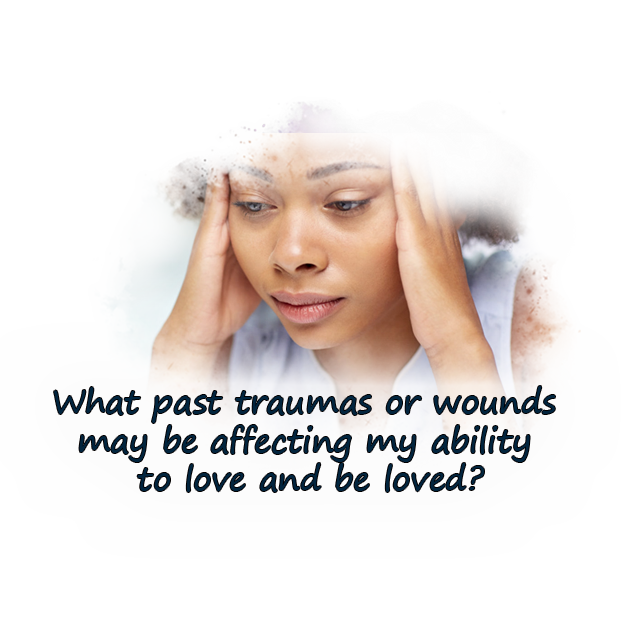
Past romantic relationships can significantly impact an individual’s ability to love and be loved. The end of a romantic relationship can leave one feeling hurt, betrayed, and traumatized. These negative experiences can create a fear of vulnerability, emotional intimacy, and commitment in future relationships. Therefore, it’s crucial to address these past traumas and wounds before starting a new relationship.
After going through traumatic experiences in previous romantic relationships, one of the most common issues that people encounter is the fear of being vulnerable. It’s possible that they want to protect themselves from being harmed again, so they avoid being vulnerable with their spouse. They can be fearful of expressing their feelings or speaking out about what’s on their mind because they worry that they will be judged or dismissed. Fears of this nature can prevent an individual from creating an emotional connection with their spouse, which makes it difficult to maintain a relationship that is both healthy and meaningful.
Emotional abuse is another type of traumatic experience that might hinder a person’s capacity to love and be loved. If you have ever been in a relationship that was emotionally abusive to you, it is possible that you have internalized the bad messages and beliefs that were ingrained in you during that time.
This may cause you to have low self-esteem and confidence, making it difficult for you to trust your spouse or even believe that you deserve love and respect. As a result, you may find it difficult to believe that you deserve love and respect.
Another type of traumatic experience that can leave an individual with long-lasting wounds is infidelity. If you have been on the receiving end of infidelity in a previous relationship, it may be difficult to place complete faith in a new partner. It’s possible that you won’t be able to create a deep connection with your partner because you’re afraid of being betrayed again, and this could cause problems for the relationship.
In addition, previous traumatic experiences that were caused by the dynamics of the family might have an effect on an individual’s capacity to love and to be loved. If you were raised in a household where there were harmful patterns of communication or where there was a lack of emotional closeness, it may be difficult for you to develop these abilities in your own relationships as an adult. In a similar vein, if you or a family member has been the victim of physical or emotional abuse at the hands of another family member, this can leave you with trust issues, a fear of being abandoned, and other emotional scars.
In conclusion, past traumas and wounds can significantly impact your ability to love and be loved. It’s crucial to take time to address these issues before starting a new relationship. Seeking therapy, talking to a trusted friend, or journaling can be effective ways of processing past traumas and developing healthy coping mechanisms. With time and healing, you can overcome these issues and move towards a healthy and fulfilling relationship. Remember, healing is a process, and it’s okay to take time to work through past traumas and build a foundation of self-love and self-respect.
